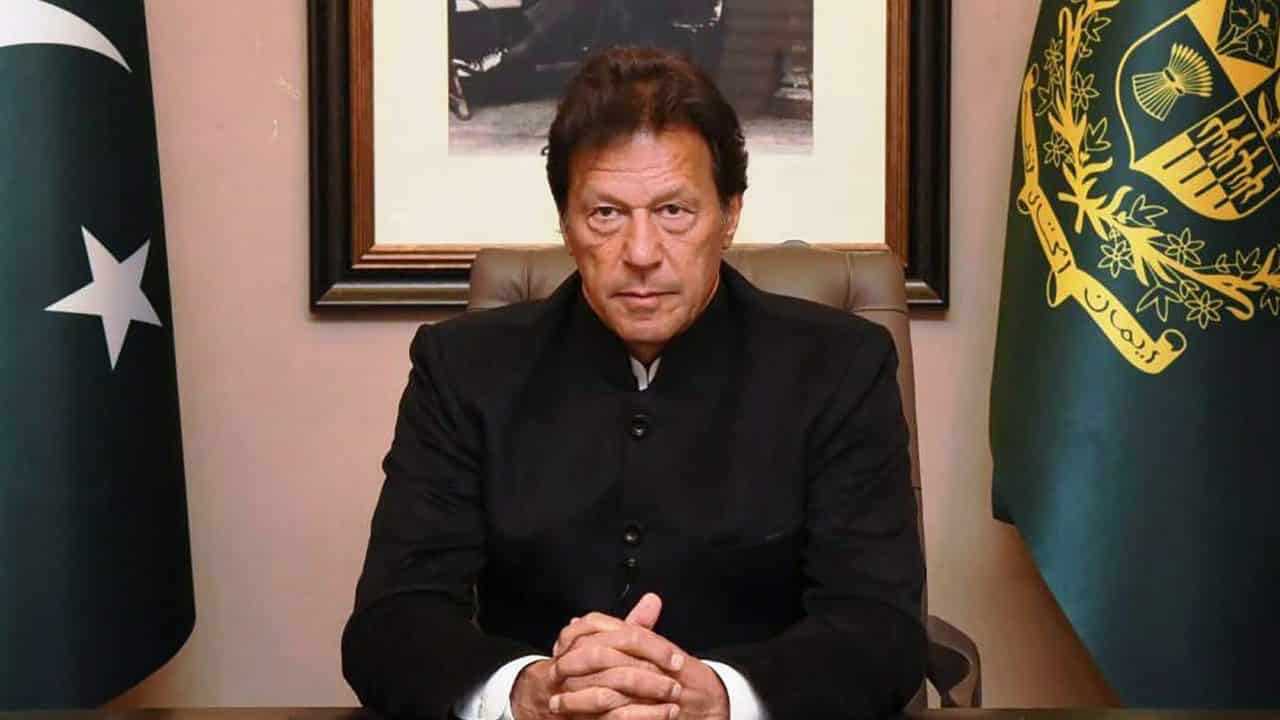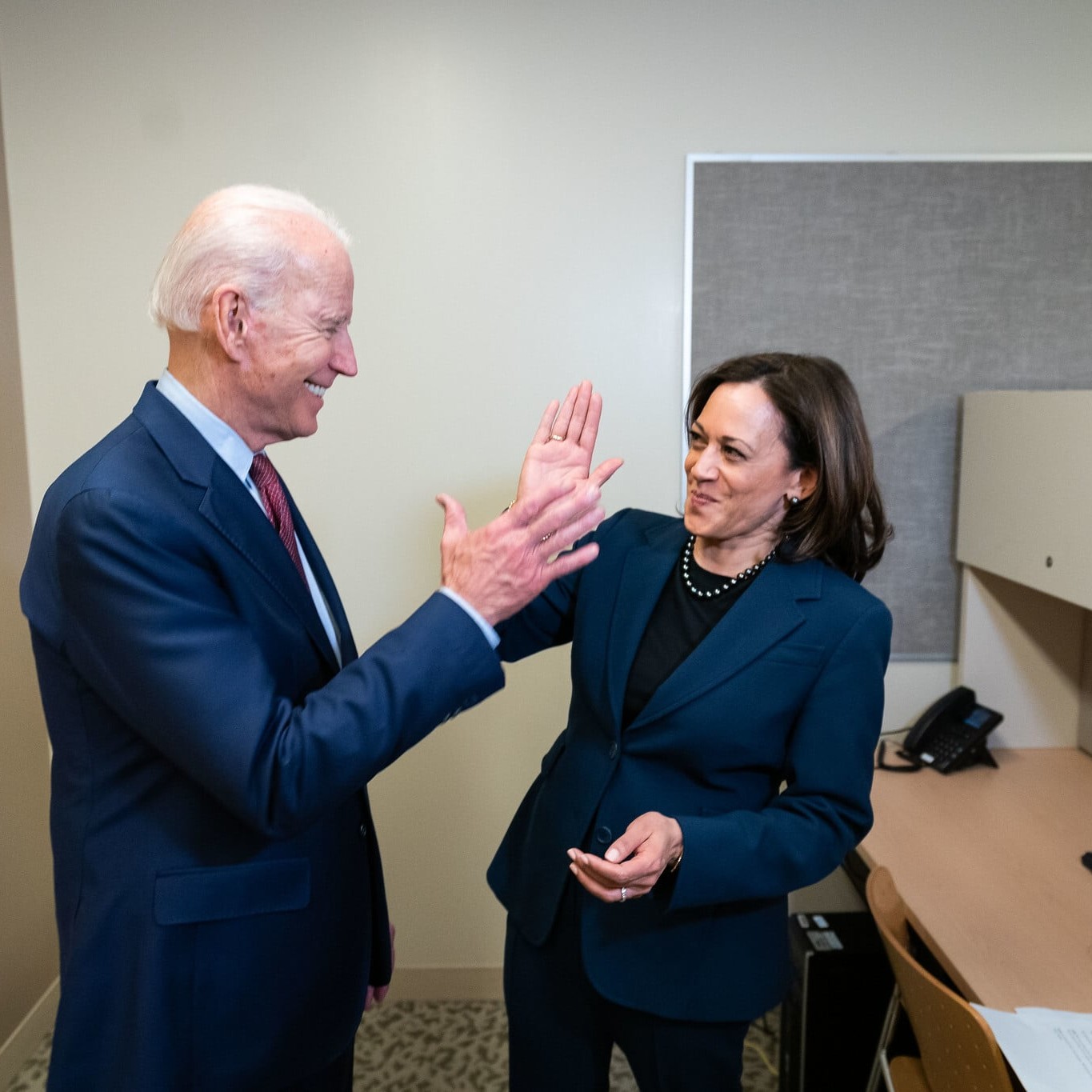It has been a year since Imran Khan became Pakistan’s prime minister following what many consider the dirtiest general election in the country’s 73-year history, with opposition parties and international observers alleging that it was the all-powerful Pakistan military that made the former cricketer’s victory possible.
Khan’s campaign slogan was “Naya (new) Pakistan”, but a year into his premiership he is nowhere close to building a new Pakistan. What is worse, the country has regressed in many ways during his tenure, especially in terms of the economy, political stability and the state of human rights in the country.
Khan also walked back on many of his campaign promises in his first year in office. These reversals gained him the embarrassing nickname “U-turn Khan” and forced him to publicly defend his record, saying: “A leader who does not take ‘U-turns’ [in the best interests of the nation] is not a ‘real leader’.”
However, none of Khan’s many U-turns have helped Pakistan in any way.
Sinking the economy
Khan’s biggest blunder so far was on the economic front – the country’s currency is in a devaluation spiral and has lost 35 percent of its value in just one year. The situation got so bad that Khan had to reshuffle his ministerial cabinet and remove the finance minister he had marketed for years as the solution to Pakistan’s financial woes.
As a candidate, Khan had promised to fix Pakistan’s sinking economy without taking any foreign loans. However, his government broke all previous records by borrowing $16bn in just one year – the highest ever external borrowing in any fiscal year since Pakistan’s creation in 1947.
Over the last year, the country’s economic growth rate has also halved – down to 3.3 percent, the lowest in nine years. Meanwhile, the government’s trade and fiscal deficit continue to widen.
Khan knows the problem lies with revenue generation, as many well-off citizens do not pay taxes in the country. But the rich continue to evade taxes and are not interested in paying up, leaving the poor to pay more through indirect taxation, creating more poverty and further discontent among the masses.
While the country goes through this financial meltdown, Khan is also adding to the country’s political volatility, further damaging the economy.
Silencing the opposition
Before he came to power, Khan repeatedly said the country was not progressing because of corrupt politicians who had stashed their wealth abroad and promised to bring back this stolen money. Once in power, he did go after some of these politicians, but the authorities have been unable to find anything substantive to return.
Moreover, many corrupt members of Khan’s party have not faced any probes. Also, it has recently been claimed that, in some cases, the “accountability” judges were blackmailed into convicting Khan’s political opponents without substantial evidence of wrongdoing. All this led many in Pakistan to brand Imran Khan’s accountability drive a political witch-hunt aimed at silencing the opposition.
In the last year, the military and the government also used other charges to implicate and silence opposition figures. Rana Sanaullah, who is a prominent parliamentarian and vocal critic of Khan’s government, for example, was recently arrested for allegedly trafficking drugs by the military-run anti-narcotics force. Sanaullah had predicted his detention a few days before, stating that he was going to be arrested soon and the government was contemplating under what charges to detain him.
This wave of political crackdowns ignited a people’s movement in Punjab, the largest province in the country. Thousands of people, led by Maryam Nawaz Sharif, the daughter of the imprisoned former Prime Minister Nawaz Sharif, took to the streets across Pakistan on July 25 to protest the new government’s assault on opposing voices.
Ms Sharif had recently taken to social media to ask those who wish “to live in a free, democratic and just Pakistan” to join her movement. “I shall be leading protest rallies across Pakistan that will not only ask for justice for Nawaz Sharif but demand rule of law, freedom of expression, end to manipulation of the entire system to punish public representatives, stealing people’s mandate, imposition of selected,” she said on Twitter.
However, while some of the opposition protests were covered live by Pakistan’s domestic news television channels, the Nawaz-led main demonstration in the city of Quetta was not covered by Pakistani media. The blackout was due to a federal cabinet order earlier this month banning coverage of opposition political leaders who are under investigation for corruption.
Given the ongoing deterioration of media freedoms in Pakistan, not many journalists are willing to go against the government’s wishes. Earlier this month, three news channels that ignored the cabinet order and covered a news conference by Ms Sharif were taken off the air, demonstrating the current government’s disturbing dictatorial tendencies.
However, its not only the Pakistani journalists who suffer at the hands of a government hellbent on silencing all opposing voices.
Redazione
La redazione di Babilon è composta da giovani giornalisti, analisti e ricercatori attenti alle dinamiche mondiali. Il nostro obiettivo è rendere più comprensibile la geopolitica a tutti i tipi di lettori.
L’evoluzione dei sanitari a terra: design moderni e materiali innovativi per una scelta sempre più popolare
23 Dic 2024
Quando si parla di design di interni e arredamento sono tantissimi i fattori che entrano in gioco. Ciascuno di noi ha…
Se le questioni di genere dettano le agende di politica estera
19 Dic 2024
Il perseguimento di politiche identitarie da parte dell'establishment della politica estera occidentale sta portando a…
Dall’origine straniera all’icona americana: il fenomeno dello sport negli Usa
14 Mar 2024
Molti sport americani sono accomunati da un aspetto particolarmente curioso: raramente sono davvero nati sul suolo…
Roulette europea, francese o americana? Ecco un approfondimento
22 Set 2023
La roulette è un classico intramontabile dei casinò, amata da milioni di appassionati in tutto il mondo. Una delle…




